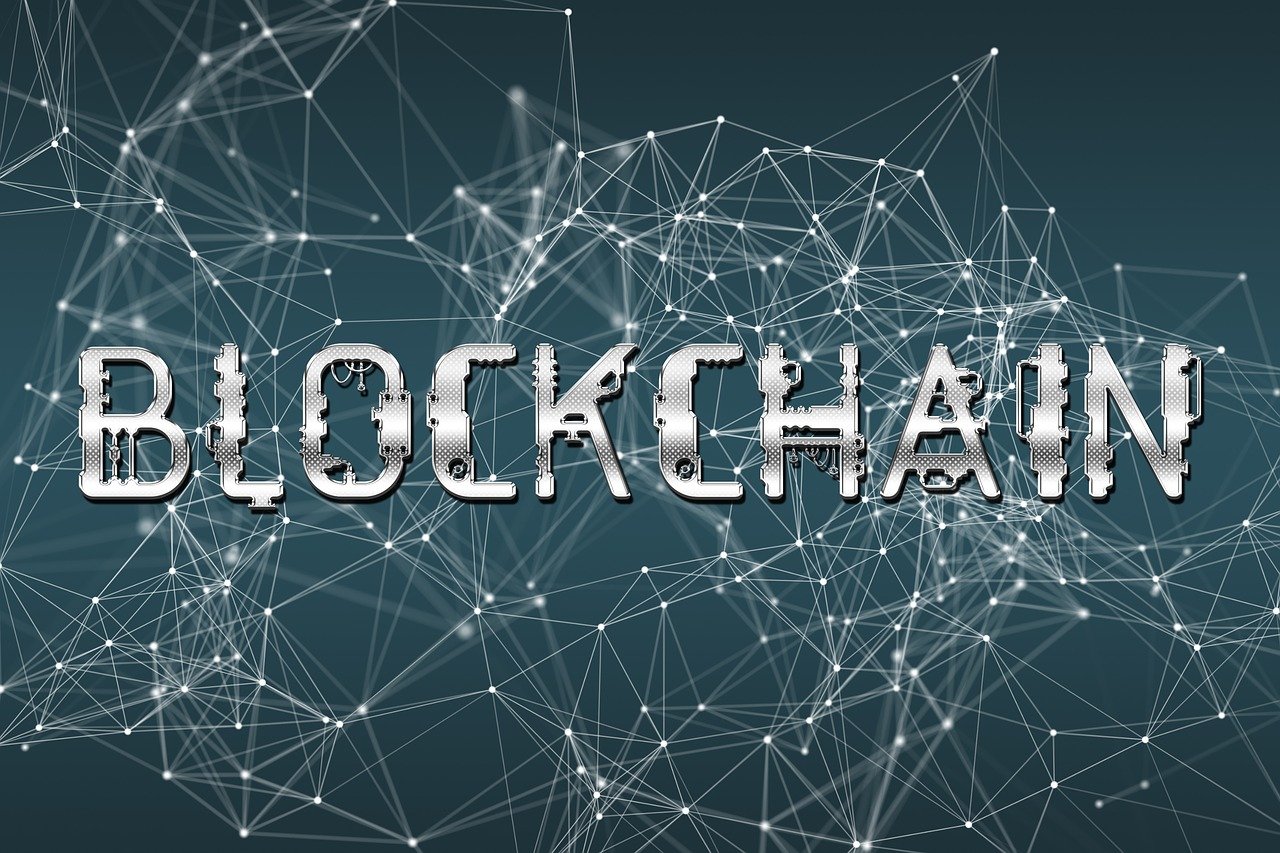- AI enhances blockchain by improving scalability, optimizing smart contracts, and enabling predictive maintenance, making networks more efficient and secure.
- Meanwhile, blockchain strengthens AI by ensuring data privacy, increasing transparency, and protecting training data, fostering a more ethical and trustworthy AI ecosystem.
The convergence of artificial intelligence (AI) and blockchain technology is unlocking new possibilities, addressing each other’s weaknesses, and creating a more secure, efficient, and transparent digital ecosystem. While blockchain ensures data security and decentralization, it struggles with scalability and efficiency. Meanwhile, AI drives innovation but faces criticism for its lack of transparency and data privacy concerns. By combining their strengths, these technologies are solving some of their most pressing challenges.
Also read: The Future of Meme Coins: Are They More Than Just a Joke?
How AI Enhances Blockchain’s Efficiency
Improving Scalability and Speed
One of blockchain’s major hurdles is scalability, as traditional proof-of-work (PoW) models require significant computational resources. AI can optimize blockchain networks by predicting demand and adjusting resource allocation in real time, ensuring faster and more efficient transactions. Additionally, AI-driven “sharding” techniques divide data into smaller parts, improving processing speed and reducing congestion.
Optimizing Smart Contracts
Smart contracts, essential for decentralized applications (dApps), can be prone to errors and security vulnerabilities. AI-powered audits can detect flaws in smart contract code before deployment, reducing the risk of hacks and failures. This makes blockchain-based contracts more reliable and trustworthy.
Predictive Maintenance for Blockchain Networks
Blockchain networks require ongoing updates and maintenance. AI-driven predictive analytics can anticipate network failures and security threats, allowing proactive solutions that prevent downtime and enhance security.
How Blockchain Improves AI’s Transparency and Security
Enhancing Data Privacy and Ownership
AI models rely on vast datasets, often collected without user consent. Blockchain’s decentralized data storage gives users control over their information, allowing them to grant permission for its use while maintaining privacy. This fosters an ethical data-sharing ecosystem.
Ensuring Transparent AI Decision-Making
Many AI models operate as “black boxes,” making decisions without clear explanations. Blockchain’s immutable ledger can track AI processes, ensuring accountability and transparency. This is particularly valuable in sensitive industries like finance and healthcare, where trust is crucial.
Protecting AI Training Data from Manipulation
AI’s accuracy depends on high-quality training data, which can be vulnerable to tampering. Blockchain’s tamper-proof record-keeping guarantees data integrity, reducing biases and increasing trust in AI-driven insights.
The Future of Decentralized AI (DeAI)
Projects like SingularityNET, Ocean Protocol, and Fetch.ai are leading the charge in integrating AI with blockchain, creating decentralized AI (DeAI) solutions. These initiatives promote transparency, ethical data use, and a user-driven AI economy.
As AI and blockchain continue to evolve together, they promise a future where technology is not only smarter but also fairer and more accountable. This collaboration isn’t just improving individual technologies—it’s reshaping the entire digital landscape.




